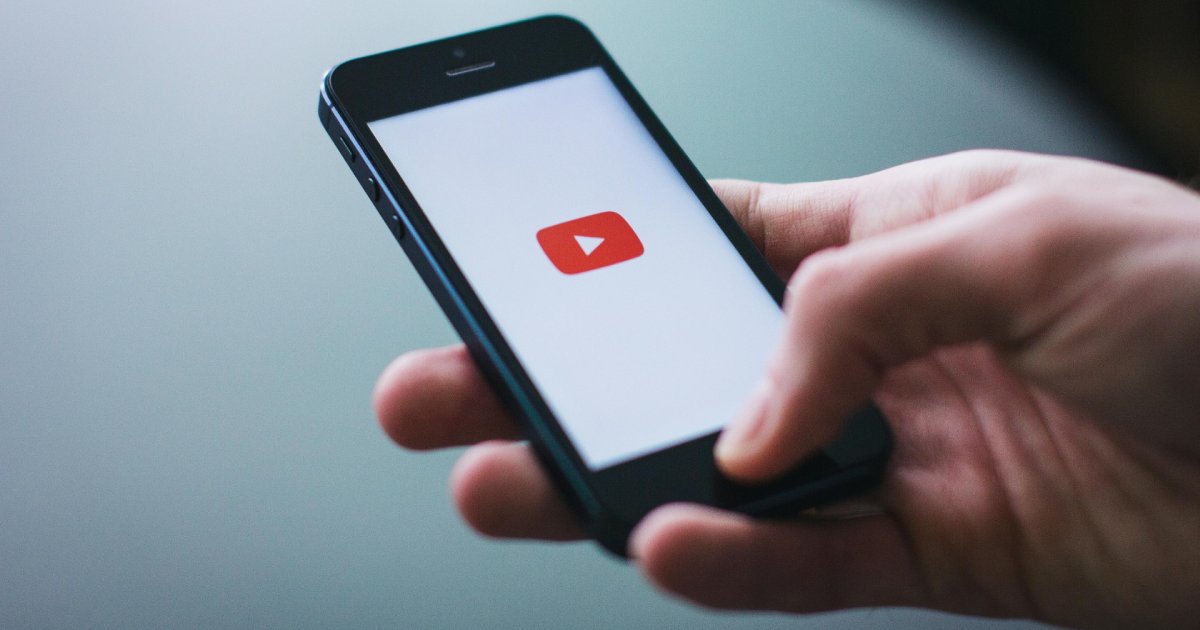Licensing’s Focus on YouTube Content

By Mark Seavy
In a market saturated with YouTube influencers, it is their content (and not their personal brands) that is increasingly becoming a valuable commodity for licensing.
That doesn’t mean the licensing business is turning away from high profile YouTube personalities like Jimmy “MrBeast” Donaldson (272 million subscribers), Emma Chamberlain (12 million subscribers), and Felix “PewDiePie” Kjellberg (111 million subscribers). But there has, in recent months, been a growing focus on the content being developed for the platform.
This increasing interest spans multiple types of content, including Rhett McLaughlin and Link Neal’s long-running variety series Good Mythical Morning (60.2 million subscribers), the sports- and comedy-focused videos from the YouTube creator group Dude Perfect (18.7 million subscribers), and animated children’s content from channels like Super Simple TV (1.4 million subscribers) and Cartoons for Kids (9 million subscribers).
Good Mythical Morning’s McLaughlin and Neal signed with William Morris Endeavor (WME) earlier this year for representation and embarked on a nine-city live show tour that winds up at the Academy of Music in Philadelphia, PA on Sunday. Highmount Capital invested $100 million in Dude Perfect to build the brand beyond its online presence, and has since launched a Dude Perfect Dodgeball game based in Epic Games’ Fortnite title. The Dude Perfect team is also in the process of building a headquarters in Frisco, Texas that includes a trick shot tower—something the YouTubers specialize in—as well as a mini golf course, museum, and other facilities.
Many brands have partnered with influencers in the past to market their products, with the rates for YouTube influencers varying from as little as $500 per video for those with 50,000 to 100,000 subscribers to as much as $20,000 per video for those with more than one million subscribers. This new strategy, however, is focused instead on launching experiences and products based on the content itself.
“The licensing of influencers has been tried and tried again in gaming and other verticals,” said Russell Binder, a partner at the agency Striker Entertainment. “What do see working is fictional content—animated or otherwise—created natively for the platform that resonates with a large audience having opportunities in licensing and consumer products. Savvy influencers and their representation will want to launch and/or partner on their own branded products.”
The trend is likely helped by the fact that, unlike much of the streaming content available, YouTube makes a significant amount of viewing and engagement data available to potential partners.
Bioworld recently signed a licensing deal directly with Perth, Australia-based comedy group The Boys (Gaege Gibson, Joshua Wanders, and William Jonas) for apparel that will be available later this year. According to Jason Mayes, Senior Director of Marketing and Intellectual Property at Bioworld, the company will initially focus on launching products through specialty retailers and The Boys website.
“We are looking at ensuring that we have a bit of that added into our business because YouTube is one of the screens that the younger generations are watching,” Mayes said. “Many of these YouTubers are more cognizant of building a brand but don’t know how to do it. The influencers want to work with us, but it is a question in their minds of where it starts and how do they get it moving. And, as The Boys and their audience age up, will there still be that fan base? It is a question of where is the wall—and we don’t know that yet.”




